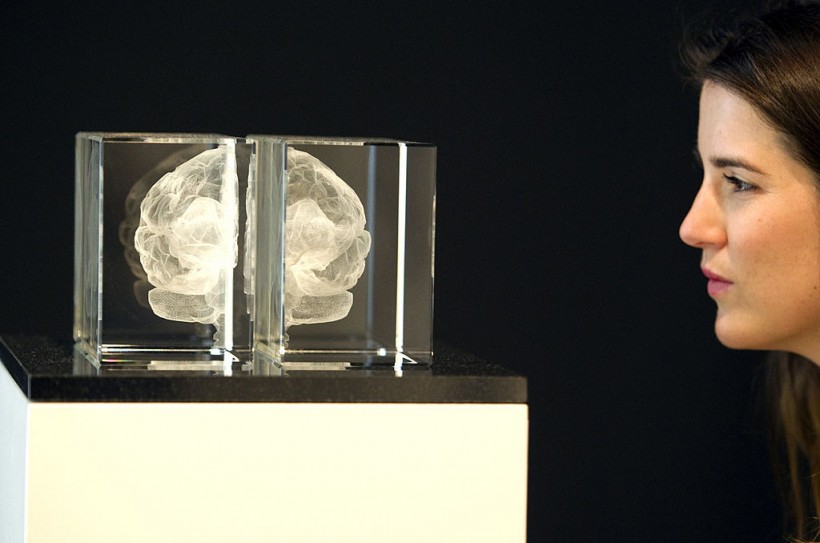Electroencephalography (EEG) caps are medical gadgets doctors employ to diagnose individuals with brain problems, including epilepsy and convulsions. Researchers have produced brain organoids or 3D miniature brains derived from human cells in the last ten years.
To analyze them more effectively, a team of researchers at John Hopkins University has created the tiniest EEG caps in the entire world. The cap can be used on a brain organoid that has the size of a pen dot, according to a report by Interesting Engineering.

Miniature Brains
It is worth noting that several essential aspects of the human brain can be replicated in brain organoids. Scientists make them comprehend how the human brain develops and how it acquires certain neural disorders.
Additionally, these miniature brains can be utilized to conduct investigations that would otherwise require using a real brain.
David Gracias, professor of chemistry and biomolecular engineering at John Hopkins University, explains to Interesting Engineering that research on brain organoids is challenging because they are so small (about the size of an ink dot) and difficult to assess since electrical activity from them entails using standard instruments such as microelectrode arrays (MEA)
Hence, the team had to develop MEAs, also known as micro EEG caps or mini-brain caps.
The researchers claim that just a small portion of the cells on the surface of the mini-brains can be examined using typical methods for studying brain organoids.
They cannot be used to comprehend how neuronal cells interact with one another or how they respond to novel chemicals. But such restrictions would be eliminated by the miniature EEG electrode caps that could fit mini-brains.
The micro EEG electrode caps would allow scientists to study the chemical and electrical activity of brain organoids, similar to how surgeons utilize dotted skull caps to identify diseases and tumors in the human brain.
They could even be able to understand how various chemicals affect brain functioning thanks to the thorough examination of organoids.
Researchers can examine the effects of several chemicals on the human brain and monitor neural illnesses as they develop using brain organoids and micro EEG caps.
These studies might also show how various medicines impact the human brain. The team claims that these caps allowed researchers to hear the electrical activity inside the miniature brains.
Read also: Engineers Create A Tiny Human's Heart Ventricle That Beats and Pumps Fluid!
Preserving Three-Dimensionality
According to Interesting Engineering, preserving the three-dimensionality of laboratory and medical tools when they are reduced to small scales is still a key problem. Furthermore, various brain organoids call for a variety of tools.
The researchers claim that the small EEG electrode cap they created makes it possible to investigate mini-brains. However, the small caps cannot be utilized to analyze organoids like a miniature kidney or heart.
To work with more organs in the future, the team is currently developing unique instruments that can exchange fluid and stimulate and record electrical activity.
Related Article: Real-Life Cyborg? This Man Has Been Wearing A 'Brain-Computer Interface' Implant For More Than 7 Years!
This article is owned by Tech Times
Written by Joaquin Victor Tacla





